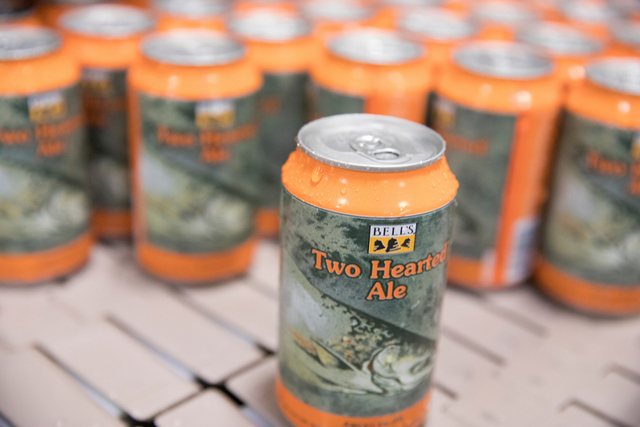 Bell’s Brewery is one of the biggest and most respected craft brands in American beer. Its Two Hearted Ale and Hopslam, for instance, were rated No. 1 and No. 4 in Zymurgy magazine’s 2018 Best Beers in America survey (that’s a homebrew mag). The Michigan-based brewing company actually started out as a homebrewing supply shop in the early ‘80s that eventually started selling its own beer and has grown into the seventh biggest craft brewer in America by sales volume, according to the Brewers Association’s 2017 list (the latest figures).
Bell’s Brewery is one of the biggest and most respected craft brands in American beer. Its Two Hearted Ale and Hopslam, for instance, were rated No. 1 and No. 4 in Zymurgy magazine’s 2018 Best Beers in America survey (that’s a homebrew mag). The Michigan-based brewing company actually started out as a homebrewing supply shop in the early ‘80s that eventually started selling its own beer and has grown into the seventh biggest craft brewer in America by sales volume, according to the Brewers Association’s 2017 list (the latest figures).
Last summer, Bell’s added eight new states to its distribution network — Connecticut, Maine, Massachusetts, New Hampshire, Rhode Island, Vermont, New Jersey and Colorado — bringing its distribution footprint to 40 total states in addition to Puerto Rico and Washington, D.C. Unfortunately, that number is shrinking by one. Bell’s is stopping distribution to Virginia, and not because of slowing business — the brand does quite well in the commonwealth (near five percent of its business).
“Yeah, it’s a lot of business,” explained Larry Bell, Bell’s Brewery founder. “It’s 300,000 CEs [cases], so you know this is an unfortunate situation, but it appears that if we stay in the market that we could expose ourselves to a lot of financial risk.”
Bell’s is pulling its distribution from the entire state of Virginia because its distributor rights are in limbo in the Richmond area. Loveland Distributing Co., Bell’s Richmond wholesaler, was purchased by Premium Distributors of Virginia, a subsidiary of Reyes Beer Division, the biggest distributor of beer in America. Last December, Premium Distributors of Virginia closed on the deal, making it the largest beer distributor in the Commonwealth of Virginia and solidifying Reyes as the biggest wholesaler in the Mid-Atlantic region. With the sale would go Bell’s distribution rights in Richmond. Bell’s ceased shipments to Richmond in December as it attempted to terminate its contract. Now it’s ceasing statewide distribution as legal action might take place.
“Generally, I think the three tier system has been good for craft beer,” reflected Bell. “I don’t think we’d have craft beer like we have it without the three tier system, and I’m generally supportive. I think Virginia’s laws are written really skewed towards the middle tier. I think those laws were written back when distributors were more mom-and-pop situations, and they were looking for protection from the very large companies that owned the breweries before craft beer was a thing. Every state has its thing. Personally, I think Virginia’s laws are a bit antiquated.”
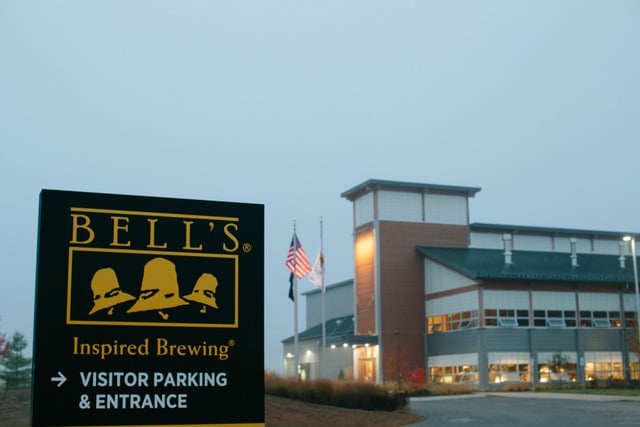
In Virginia, signing a beer distribution contract falls under that painfully cliche married for life classification with the word “perpetuity” constantly popping up. See the Beer Franchise Act for all the minutia. To simplify it, we suggest you read this excellent post from the Virginia Beer Co. explaining local distribution:
The introduction of the system was initially meant to decrease the possibility of monopolies (i.e. owning the brewery, wholesaler, and the retailer, which gives little incentive to sell products produced by other breweries) and increase opportunities for taxation.
….
For example, we could decide that we wanted a single wholesaler to sell our beer across the entire Commonwealth of Virginia. Once that contract is signed, our distribution rights would be granted to that wholesaler in perpetuity. Based on previous litigation, there is almost no offense that a wholesaler can commit that would be enough to break the contract. The wholesaler could stop selling our beer completely and they would still be under no obligation to return our distribution rights.
Sounds like a fair system. Why is Premium Distributors of Virginia and Reyes a problem in particular for Bell’s?
Bell said they aren’t the problem. The problem is that all of the information on the sale was not shared, per their distributor contract, so Bell’s did not get the opportunity to properly vet Premium Distributors of Virginia.
“Loveland, the selling distributor, refused to share information on the sale with us as per our contract,” reiterated Bell. “Our contract says that they were supposed to share all the information regarding the sale. They did not do that, and thus we terminated Loveland. And then Reyes has brought legal action against us before the Virginia Alcoholic Beverage Commission.”
In Virginia, termination requires good cause, according to this beer franchise law summary by the Brewers Association:
- Good cause is determined by the Virginia Alcoholic Beverage Control Authority.
- Good cause includes a wholesaler’s loss of license, insolvency, or failure to substantially comply with reasonable and material requirements. Presumptively legitimate requirements include maintaining a brand’s sales volume, providing services at a level comparable to that provided by other Virginia wholesalers, and requiring a brewer’s reasonable consent to a transfer of the wholesaler’s business.
- Obligation of good faith is implied in every contract.
How does Bell assess the legal situation?
“We feel that we had the right to terminate Loveland,” said Bell. “In any sale we do our due diligence and take a look at distributors, their portfolio, their service, how they’re perceived in the marketplace. There’s any number of things that we take a look at and try to select somebody who we feel is a good partner for us, which is exactly what we were working to do in this situation.”
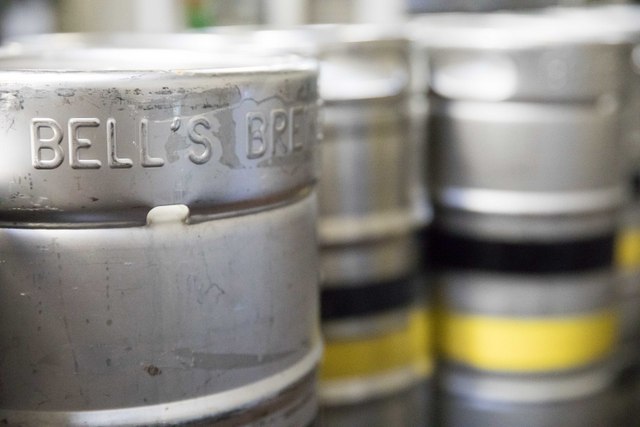
This has happened before with Bell’s Brewery. Back in 2006 when its Illinois distributor National Wine and Spirits set its sights on selling Bell’s beer distribution rights to Chicago Beverage Systems, a Reyes subsidiary. Bell’s was out of Illinois for two years. Bell’s choice was to be sold to Chicago Beverage, to be sued or pull out. The options appear similar this time around. Loveland had been distributing Bell’s products since 2015 in the Richmond area. The dispute now goes to lawyers and state employees. Because of the situation, Bell’s is leaving the state completely, which means leaving six other distributors in its wake.
“You know, I talked to all of them last Friday and one was extremely supportive and so sweet, it made me cry,” said Bell. “One said that they were going to talk to their attorneys, and another one lamented that they might be losing some equity because they paid for the brand from another distributor. We still consider all those people our distributors. Hopefully, we’ll be back in the marketplace sooner than later and start conducting business with them again.”
Cigar City Brewing announces expansion into Vermont, New Hampshire, Maine and Northern California
 Cigar City Brewing Co. (CCB) has announced expansion into the Vermont, New Hampshire and Maine markets in February 2019. Kegs and 12-oz cans of award-winning Jai Alai IPA, GABF Gold Medal winning Maduro Brown Ale and the brewery’s newest year-round offering, Guayabera Citra Pale Ale, will be available throughout these New England states beginning in February 2019.
Cigar City Brewing Co. (CCB) has announced expansion into the Vermont, New Hampshire and Maine markets in February 2019. Kegs and 12-oz cans of award-winning Jai Alai IPA, GABF Gold Medal winning Maduro Brown Ale and the brewery’s newest year-round offering, Guayabera Citra Pale Ale, will be available throughout these New England states beginning in February 2019.
Thanks to multiple new partnerships with Sheehan Family Companies, CCB will expand its presence in Massachusetts and will service the entire Northern New England area. Through Craft Beer Guild Distributing of Vermont, CCB’s offerings will now be available across the Green Mountain State; and Craft Beer Guild Distributing of New Hampshire will deliver CCB throughout the Granite State. Finally, Westbrook’s Craft Beer Guild Distributing of Maine has signed on as CCB’s wholesale partner for the entirety of Vacationland.
“Craft breweries in New England are changing the face of beer on the national stage, and we couldn’t be more excited to bring our Tampa-inspired ales and lagers to this part of the world,” said Neil Callaghan, CCB’s El Lector. “We’ve been lucky enough to spread the gospel of Florida brewing in Massachusetts for nearly a year now, and with the help of the Sheehan Family Companies’ network we’re able to bring a little bit of Florida even further north.”
National and international awards and accolades have garnered attention for the brewery since its first brew day in 2009, and it has since become one of the fastest growing American craft beer brands. CCB’s Jai Alai IPA is currently the 2nd best-selling craft six-pack can in U.S. grocery.
Market launch events will take place throughout New England in March with CCB representatives traveling from Tampa to celebrate the arrival of the brand. These events will offer opportunities for New England’s craft beer fans to learn about CCB’s history and world-class beers from the people who know it best. Event specifics will be announced soon via CCB’s social media platforms.
CCB’s beer, including award-winning Jai Alai IPA, is currently available in twenty-four states encompassing Florida, Georgia, Alabama, Virginia, Pennsylvania, New York, New Jersey, Tennessee, North Carolina, South Carolina, Colorado, Utah, Texas, Illinois, Minnesota, Michigan, Delaware, California, Massachusetts, Arizona, Maryland, Wisconsin, Kentucky and Ohio as well as Puerto Rico, Sweden, Finland, Norway, France, and the United Kingdom.
Cigar City Brewing also launched in northern California during San Francisco Beer Week earlier this month.
San Diego’s Second Chance Beer expands to LA and Arizona
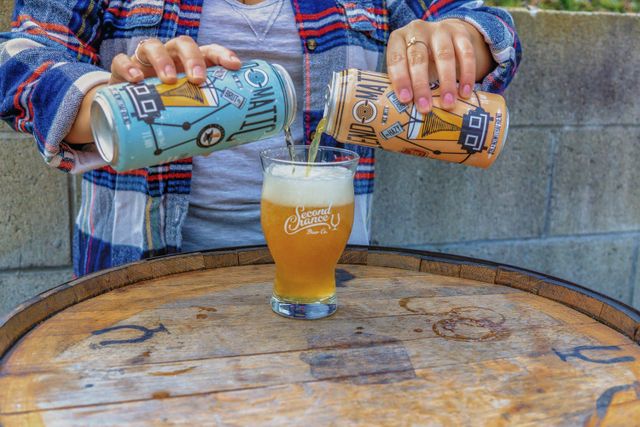 Second Chance Beer Co., a San Diego-based award-winning independent craft brewery, recently announced it’s expanding distribution to the greater Los Angeles area and Arizona. Second Chance has partnered with Craft LA for coverage throughout Los Angeles, Orange, and Riverside Counties and in partnership with Arizona Beer and Cider, plans to expand to Arizona at the beginning of February. This is the first-time craft beer drinkers in the greater Los Angeles metropolitan and beach communities and Arizona will be able to purchase Second Chance beer in their hometowns.
Second Chance Beer Co., a San Diego-based award-winning independent craft brewery, recently announced it’s expanding distribution to the greater Los Angeles area and Arizona. Second Chance has partnered with Craft LA for coverage throughout Los Angeles, Orange, and Riverside Counties and in partnership with Arizona Beer and Cider, plans to expand to Arizona at the beginning of February. This is the first-time craft beer drinkers in the greater Los Angeles metropolitan and beach communities and Arizona will be able to purchase Second Chance beer in their hometowns.
Second Chance is entering the new markets with its core cans and highly-demanded limited releases, including its popular Blend-O-Matic, a collaboration with AleSmith Brewing Co. The unique collaboration features two beers, one recipe from each brewery, designed to be mixed and savored together.
“Our expansion into Los Angeles, Orange, and Riverside Counties and Arizona is a huge milestone for us,” said Curtis Hawes, cofounder and chief sales officer at Second Chance Beer Co. “We’ve already received incredible excitement from customers in both new markets. We’re looking forward to not only bringing new fans great craft beer but also spreading Second Chance’s message with as many beer enthusiasts as possible.
“Second Chance is not just award-winning beer. It’s a way of living – in the moment, recognizing each one is a second chance and giving people, animals and planet a second chance with our charitable programming,” explains Co-founder and Chief Executive Officer, Virginia Morrison.
An Arizona resident emailed the brewery last week inquiring, “Do you have any patrons in the Phoenix area serving up the BEST brew I’ve ever had?” When Second Chance responded about the February launch date, the Arizona local exclaimed, “YES!!!! LET THE FURLOUGH CELEBRATION BEGIN!” (emphasis original).
Second Chance was founded in 2015 by Marty Mendiola, Curtis Hawes and Virginia Morrison. Up until now, Second Chance beer only has been available in select retailers in Temecula, Inland Empire, Camp Pendelton, and San Diego, which is home to its flagship brewery in Carmel Mountain Ranch and Second Chance Beer Lounge in North Park. Additionally, Second Chance beer is distributed to more than 1,000 restaurants, bars and retailers throughout San Diego county. This is the first time Second Chance has expanded its distribution in the U.S.
The current Blend-O-Matic duo of Brut IPA and Hazy IPA is available at over 40 locations in Los Angeles county including, California Heights Market, Craft Beer Cellar Torrance and The 4th Horseman while very limited supplies last.
Odell Brewing expands its distribution to Oklahoma
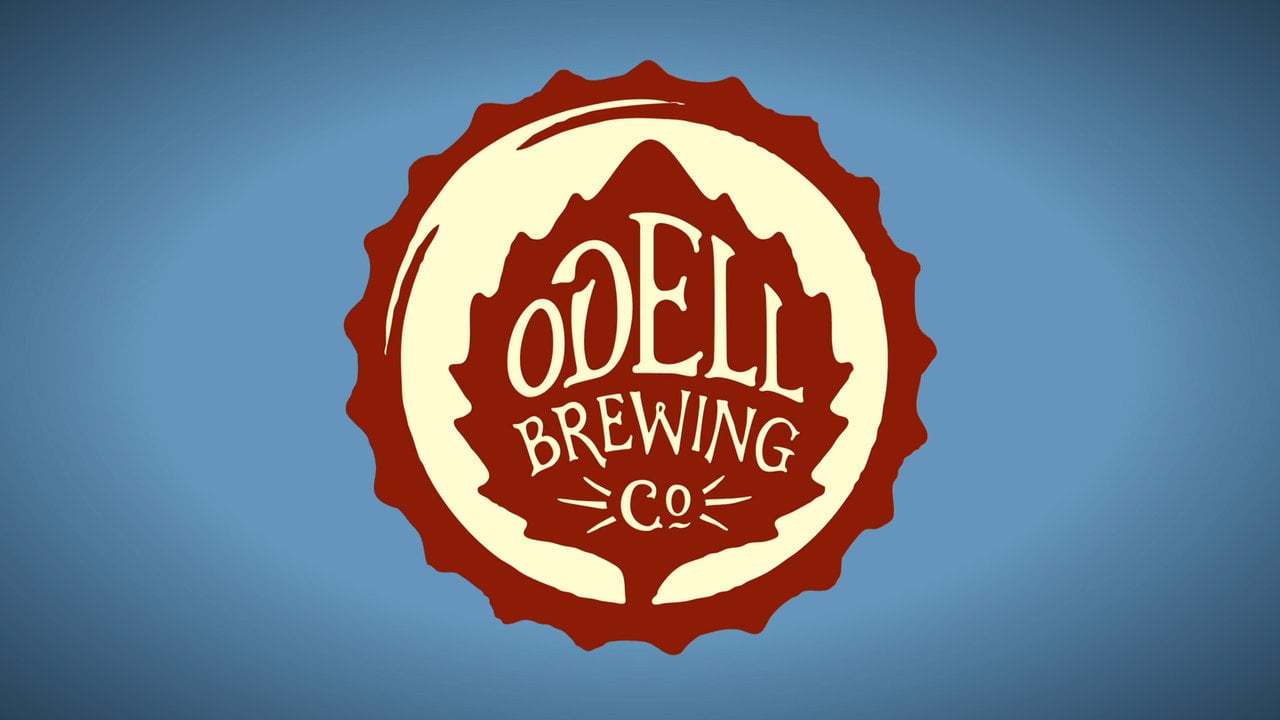 Colorado’s Odell Brewing Co. will brought its portfolio of beers to Oklahoma last week. Distribution includes both draft and package available throughout the entire state, which started on Feb. 4. The brewery’s launch in Oklahoma will mark its 19th state and continue to strengthen their Midwestern footprint.
Colorado’s Odell Brewing Co. will brought its portfolio of beers to Oklahoma last week. Distribution includes both draft and package available throughout the entire state, which started on Feb. 4. The brewery’s launch in Oklahoma will mark its 19th state and continue to strengthen their Midwestern footprint.
“With their new distribution laws, Oklahoma’s craft beer scene is booming,” explained Todd Ewing, regional sales manager. “We couldn’t be more excited to finally be able to share our family of brands with the burgeoning community of craft beer lovers.”
Odell Brewing will bring cans and draft of its flagship 90 Shilling, the highly acclaimed Odell IPA, Sippin Pretty Fruited Sour, Rupture Fresh Grind Ale, along with seasonal offerings like Wolf Picker Experimental IPA and Tree Shaker Imperial Peach IPA.
With the help of their distribution partners, Capital Distributing and LDF Sales and Distributing, Odell Brewing will open the state with special sampling and tapping events in Tulsa and Oklahoma City, with more to follow later in the month.
New Jersey’s Cape May Brewing launches Cape Beverage Distributorship
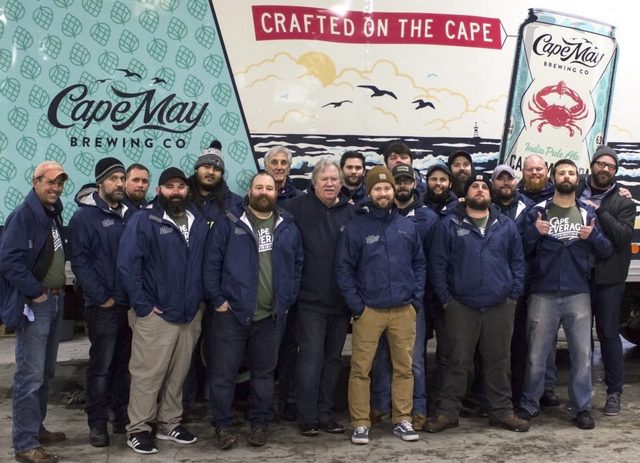 Cape May Brewing Co. recently announced a new beverage distributorship venture called Cape Beverage, launched on Feb. 1. Helmed by the three cofounders of Cape May Brewing, Ryan Krill, Chris Henke and Robert Krill, the new distribution company intends to distribute through the entire state of New Jersey.
Cape May Brewing Co. recently announced a new beverage distributorship venture called Cape Beverage, launched on Feb. 1. Helmed by the three cofounders of Cape May Brewing, Ryan Krill, Chris Henke and Robert Krill, the new distribution company intends to distribute through the entire state of New Jersey.
“This is the culmination of seven years of self-distribution success,” said CEO Ryan Krill. “We’ve always been proud of our sales team and distribution arm, so Cape Beverage is an extension of many things that we already do well while opening a wide range of possibilities, including distributing a number of other breweries.”
Alongside all of the Cape May Brewing Company brands their fans have come to know and love throughout the years, Cape Beverage will carry the offerings of other breweries, with a long-term goal of having a full line of well-respected, carefully-curated breweries, cideries, meaderies and wineries in their portfolio.
“We’re excited about the possibilities that Cape Beverage brings,” Krill said. “Crafting this alternative route will bring a wider variety of craft beer to New Jersey’s beer drinkers.”
The intent of Krill, Henke and Krill is to approach distributing from a new perspective. Instead of collecting as many brands as possible, Cape Beverage’s portfolio will be carefully curated, selecting only brands which complement and extend the marketability of the group’s existing brands.
Cape Beverage will be distributing throughout Cape May Brewing Company’s current distribution footprint — primarily the 18 southernmost counties of New Jersey — with expectations to expand throughout the other three counties in 2019.

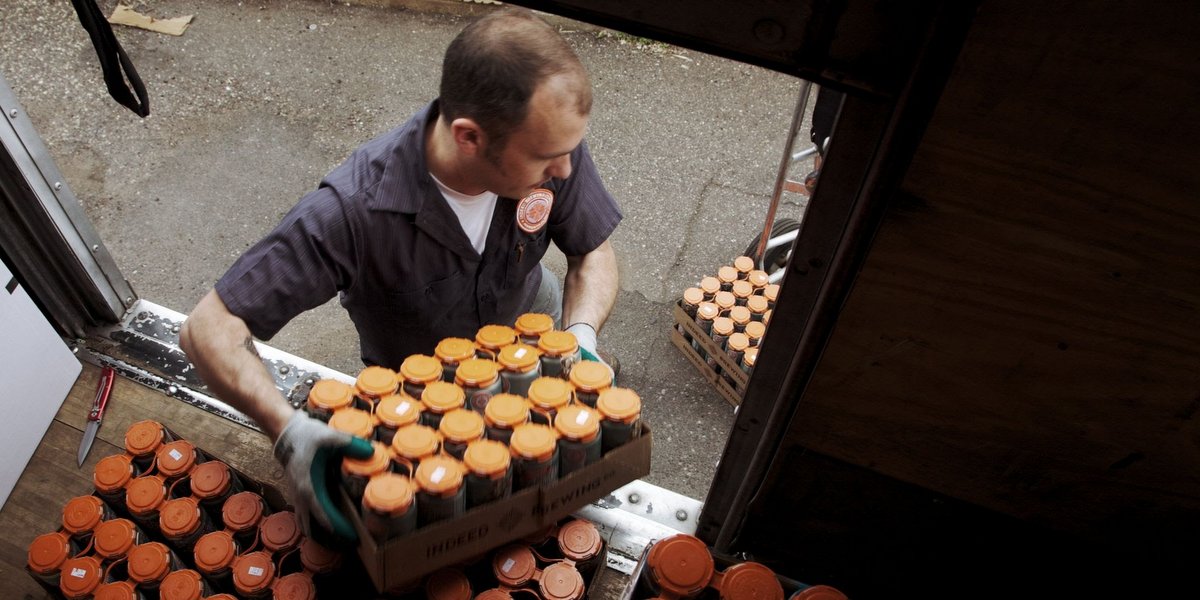
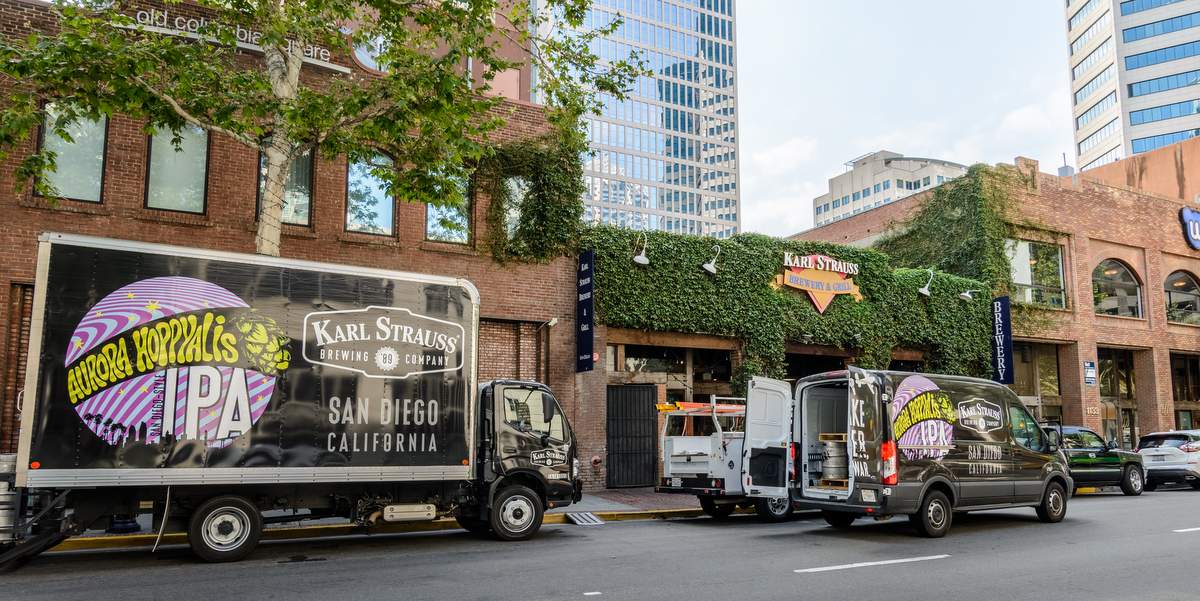
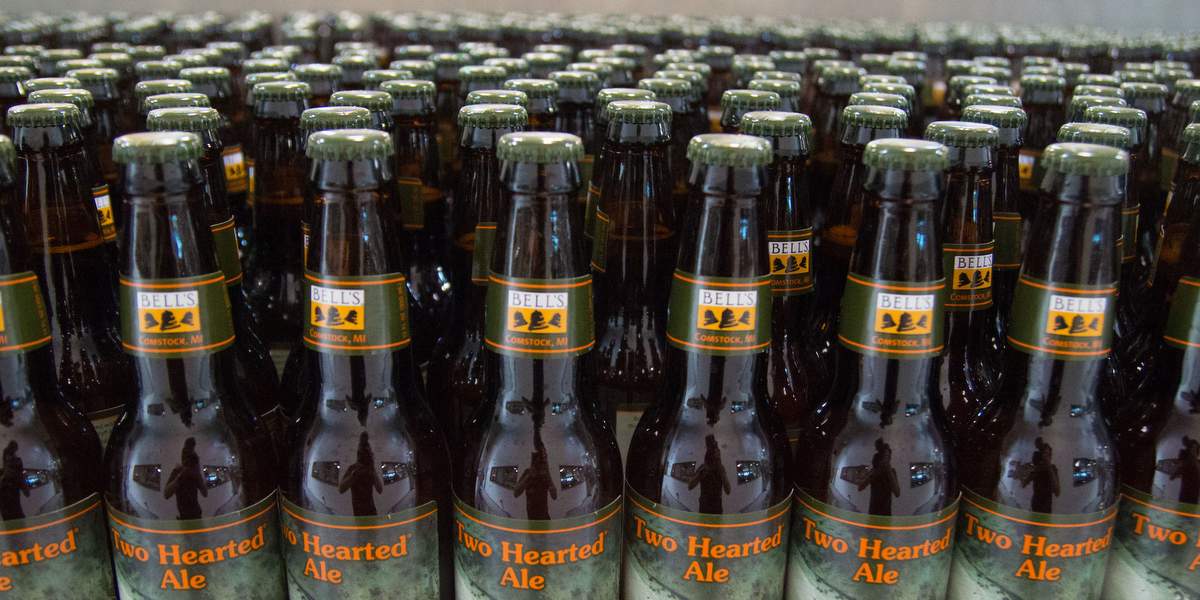
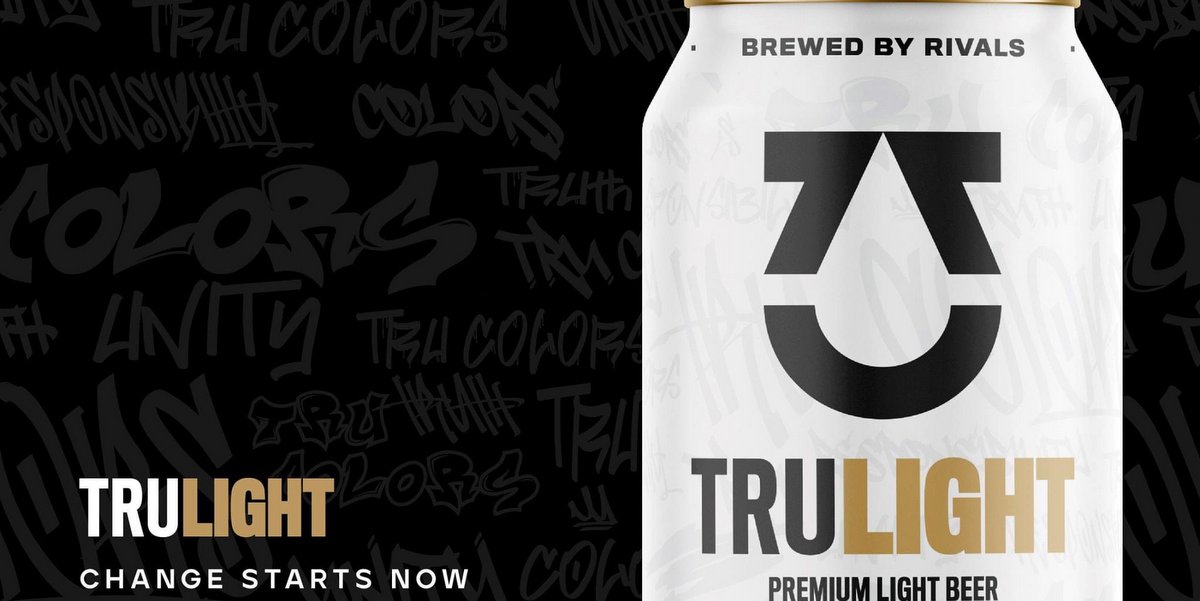

[…] provide the brewery as a part of being purchased by Premium Distributors of Virginia; however, the scuttlebutt in the industry theorizes that another cause may be the parent company of Premium Distributors of […]